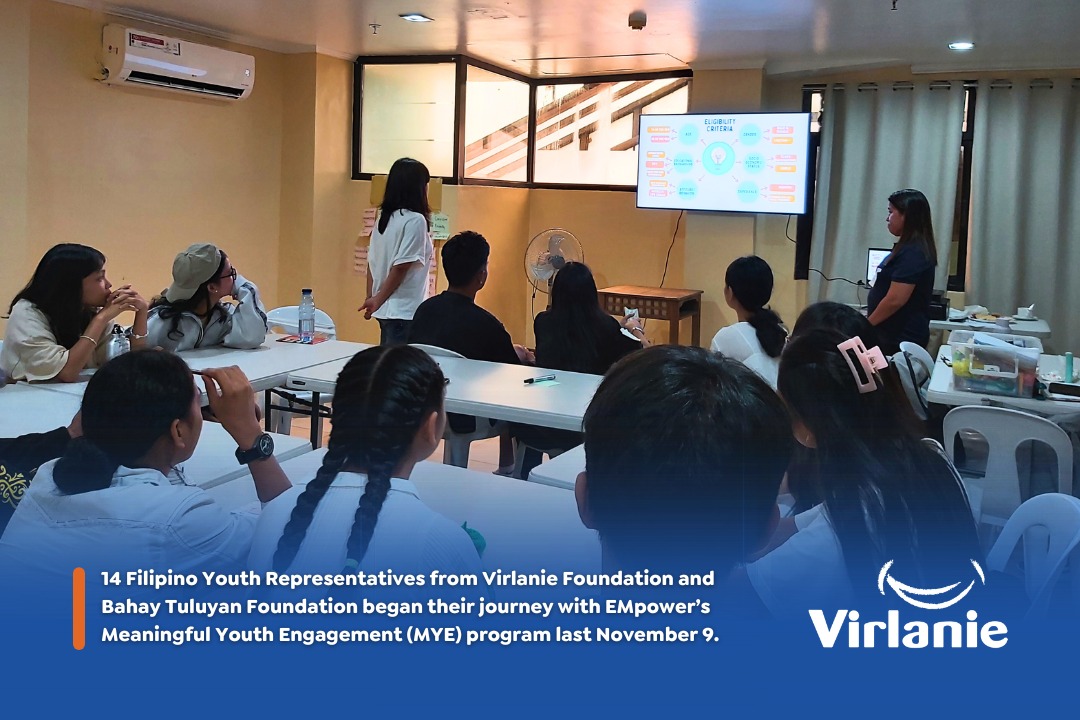
From Ate Maribel’s own words
“Had I not been to Virlanie’s iLead ODC-ET, I would have ended up in a drum floating on the river—lifeless.
Most poor women, who do not have any other choice, resort to prostitution. Some of them are unfortunate; they were put inside a drum and thrown in a river after being raped. Once, I was in a barangay, I saw this dead woman inside a drum. I imagined myself on her place.
I used to be in the streets. I was one of these people I am trying to help now. I used to have an addiction to shabu (crystal methamphetamines). Most street people resort to this to forget hunger. If I didn’t change, and wasn’t given a chance at iLead ODC-ET, it’s either I’m still there or I’m dead. Working at iLead ODC-ET as a junior staff has been my avenue to change my life and change others’ life.
I am the one who recruits new trainees. I encourage mothers by saying that we have a training center where they can learn baking, sewing and cooking. Most of them trust me because I tell them my story—that before I was one of them. I say, ‘It’s not yet too late.’ I tell them that through this training, their skills will be developed which they can use for their livelihood. I also tell them that when they undergo training, they can bring along their kids. At least, they feel secured that their children are safe. I really enjoy talking to them and sometimes, I eat with them.
Sometimes, it hurts me to see some of my friends who are still on the streets who were not able to change their lives. When someone tells me, ‘I want something to change in my life.’ I would say, ‘Help yourself. Join the training.’
Going to the streets, where a lot of poor families live, is hard and can be dangerous at times, even if I also came from that environment. But I still go, with the thought that I don’t want to return to this kind of life, and I also want to lift other people out from poverty. When some of the trainees stop to show up on the trainings, I go after them and tell them not to lose hope. I always say, ‘We already lived on the streets; we must not let our children experience the same.’ I’m always happy to see the trainees coming back and persevere. I am proud that I was able to prove that I can change and I was able to become a good example to my fellow street children.”